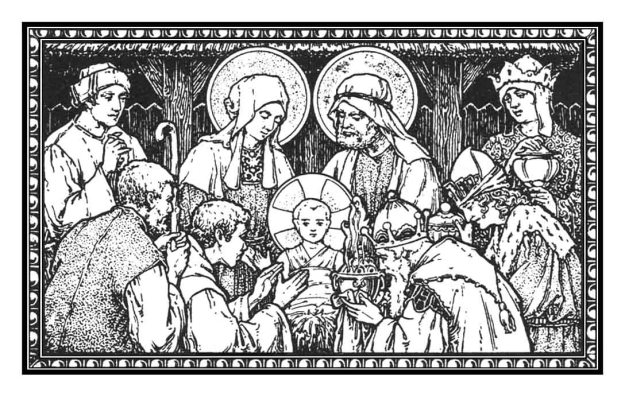Today’s video is number four in the Daily Office Basics series.
We have looked at the origins of daily prayer in the Christian church, spent a few minutes finding our place, and begun praying the office by reciting Psalms.
Here we turn to the second part of the office, the Lessons and Canticles.
In the Episcopal Church, the schedule of readings for the Daily Office has you do a lot of course reading. That is, you will often read a “chapter” (a short selection) of the same book in the Bible day after day until you’re through with that book.
Over the two-year lectionary cycle, you basically read the majority of the Old Testament once, the whole New Testament twice, and the Psalms every seven weeks.
Separate from any other studying I’ve done, that means that by praying the Daily Office for just over 23 years now I have read the Old Testament about 23 times, the New Testament 46 times, and each of the Psalms about 171 times.
Today we try to demystify the Daily Office lectionary and this middle portion of the office so that you feel more comfortable soaking yourself in Scripture in the context of daily prayer.
The last video in this series will look at the specific Prayers that conclude the office.
All of the videos, as well as the downloadable resources, will make their home at dailyofficebasics.graceabounds.online.







